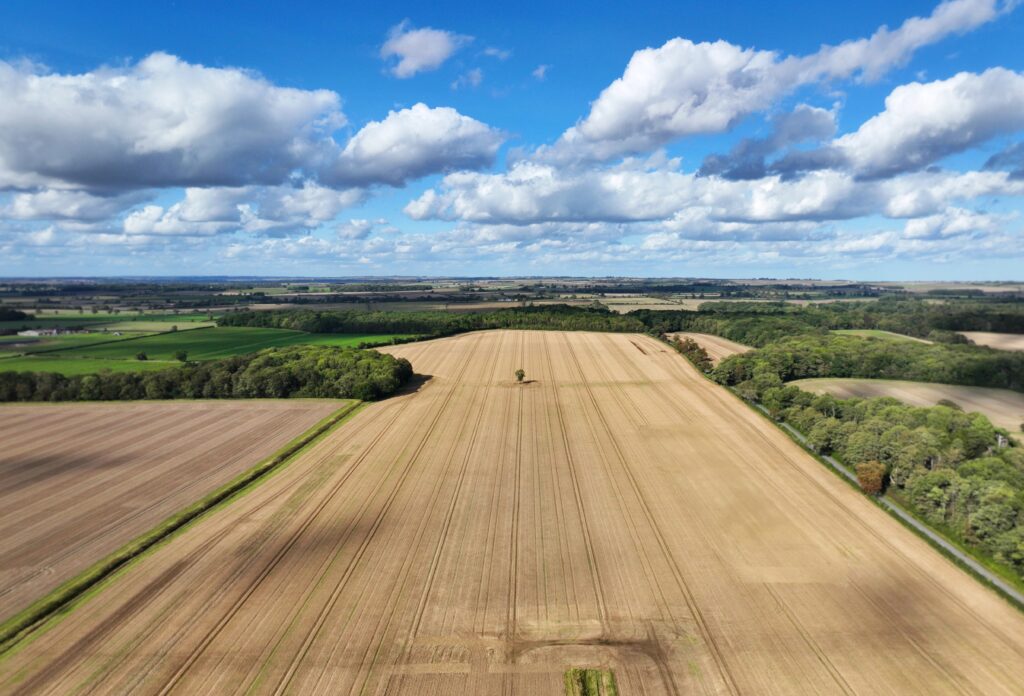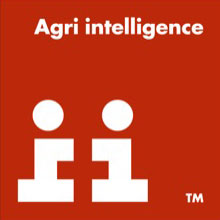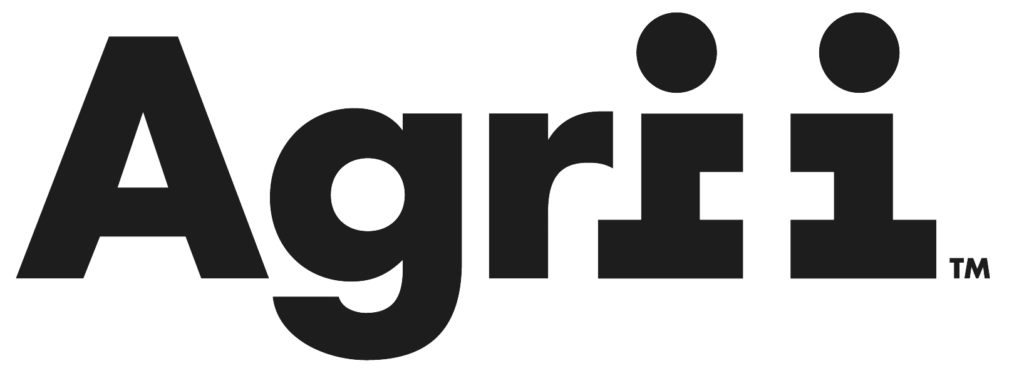Agrii’s Digital Technology Farms (DTF) initiative aims to measure the productivity and environmental benefits achieved by integrating new data capture, analysis and management strategies with the first of four planned DTF centres now in operation.
New technology has the potential to lift production to new heights of efficiency while delivering a new era of sustainable food production for all, believes Agrii’s digital agronomy development manager Lucy Cottingham.
But the biggest benefits will be achieved through a synergy of different technologies working together to inform best practice with a level of detail and farm-specific insight that could only have been dreamt of a few years ago, she believes.

“We’re entering an era where farming by averages is rapidly being replaced by management based on accurate and individual data which, in turn, will underpin a level of precision not seen before.
“Whether it’s using inputs as cost-effectively as possible, minimising potential environmental issues, reducing the carbon footprint of production or optimising yields from available resources, data will become the agronomist’s most powerful tool.
“The biggest wins will come from combining data from a variety of sources and technologies and turning this into in-field agronomic and management practices capable of truly transforming farming businesses.”
With this in mind, Agrii’s DTF initiative slots neatly into the company’s wider R&D strategy with a focus on using several connected technologies that can be used to make agronomic decisions at field scale throughout the growing season, she says.
“Our aim is to bring the ‘field of the future’ to our agronomists and growers today through data gathered from a variety of digital tools and technologies in a connected way to both support and drive crop management decisions throughout the year.
“Furthermore, this will give us the opportunity to develop, evaluate and demonstrate the most effective technologies at commercial farm scale and share this with our wider customer base. By comparing standard farm practices alongside decisions informed by our combined new technologies, we aim to identify not just greater efficiency but real benefits on a farm’s triple bottom line too.”
Big fans of technology
The first of Agrii’s DTF centres to be up and running is at the 2400ha Revesby Estate near Boston in Lincolnshire, where farms manager Peter Cartwright is already a signed-up advocate of data-driven farming.
“We’re big fans of technology,” he explains. “All our tractors are on satellite controlled RTK positioning, for example, and we’re operating a 10m controlled traffic farming system across the business.
“We use a precision farming approach with variable rate seed and nitrogen applications, we’ve been direct drilling for nearly ten years now and we’ve been growing cover crops for some time. I would say we’re a pretty forward thinking business.
“We even bought our new combine harvester based on the accuracy of its yield monitoring and have recently installed a new weighbridge with an infrared sensor to measure nitrogen content of the grain.
“Fortunately, the combine and the weighbridge mirror each other perfectly, which is reassuring. Our thinking is very much if you can’t measure it, you can’t manage it.
Arable production at Revesby currently consists of 1100ha of commercial cropping based on a seven year rotation featuring winter wheat, winter barley, oilseed rape, spring oats, spring beans, marrowfat peas and canary grass seed. Optimising input use is very much a priority across the business, with the use of Skippy Scout drone technology to measure crop GAI and give an accurate picture of Nitrogen requirements being a good example of this, Peter says.
“We don’t want to put on more of anything than we need to and generally our attitude is that whilst we’re keen to use less inputs, we need to know we’re still going to get the same margins if we do this.
“So, in the past when we’ve done N rate trials, for example, and seen great results with 270kg N/ha in wheat, we’ve settled at 220kg N/ha – up from 190kg N/ha when I first joined – and our yields are still about 1.0t/ha more than they were.
“At the end of the day, we obviously want to be a sustainable business and protect the environment, but we also need to make money to invest in the future and that’s where the DTF initiative comes in.”

Revesby Estate
Enhanced decision making
Agrii’s technology trials manager Jonathan Trotter says Revesby Estate’s approach to combining productivity improvements with a solid environmental focus, makes it the perfect partner for the project.
“Peter’s attitude to technology is really positive and we want to be able to capitalise on that and drive some exciting new ideas forward. Revesby is a great environment to do just that.
“The idea behind DTF is to understand how we can leverage and integrate different technologies to make decisions on-farm and see how they can enhance decision making compared to a traditional agronomic approach. So, while the Skippy Scout drone system we’re using with Peter can monitor above ground crop growth, information from this could be enhanced by data on below ground nitrogen levels from in-situ soil nitrogen sensors such as Plentysense nitrogen blades.
“These sense N-availability at three different levels in the soil – 10, 20 and 40cm – and there is a telemetry head that sits on top of them that tells us in real time what N the soil has. We can then understand how the N is moving through the soil profile or how we can improve decision making with when and how much N we should be applying.”
The DTF site at Revesby is a 40ha field with 10 different soil zones that have been mapped with each featuring a different technology or combination of technologies that could all eventually link in to the Rhiza platform, he explains.
“Each zone has at least one N sensor in it. Some of the zones have a Soiltech Wireless soil moisture and temperature sensor dug into the ground, so that’s feeding us information all the time as well.
“Another system being used is Fieldmate disease monitoring which is based on a small weather station sitting in the field that provides disease predictions for different crops based on climate, leaf wetness and other factors. “So, this combination of technologies should really give us a level of data and insight that we have not seen before.
“Then depending on what the technology is telling us, we can make the most informed decisions around the crop’s management moving forward based on outputs from these innovative technologies such as field-by-field crop nutrition and agronomy plans.”
New technology journey
Peter Cartwright believes Revesby Estate is only at the start of its technology journey and has high expectations of the DTF initiative.
“We would love to use drones to fly the farm from the farm office and see what problems are emerging before a human eye can pick then out, even it is just identifying hotspots that you can then walk around with the agronomist.
“I can see advantages from using drones for applications, too. If we could get a drone to identify and drop seed in bare patches within OSR, for example, that would be a really exciting development.
“Even it is something like phacelia just to block out light to stop blackgrass coming through, that would be really beneficial.
“I’d like to think we are sitting here in five years’ time and we have technology that can identify diseases better, help us utilise N more efficiently and spot weed problems before they take hold. Unlocking technology to improve productivity and use inputs more effectively in this way is going to lead to far more sustainable production long-term than simply chasing yields and trying to produce 20t/ha wheat every year.”


